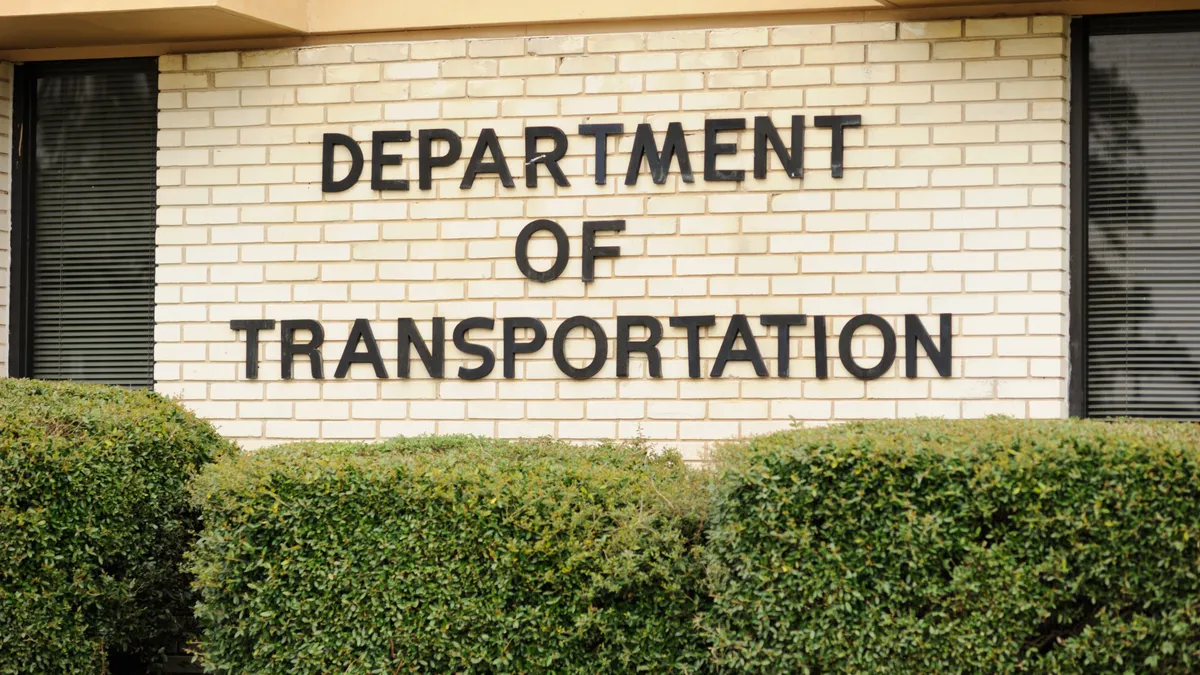Dive Brief:
- The U.S. Department of Transportation on Friday announced $82.6 million in grants to 235 regional, local and tribal communities under the Safe Streets and Roads for All program.
- Funds will be used for efforts to improve roadway safety, including safety action plans and quick-build strategies to test features such as protected bike lanes or curb extensions.
- This announcement is the first tranche of two rounds of Safe Streets and Roads for All grants in fiscal year 2023, with the second announcement due in December, the transportation department said in a press release.
Dive Insight:
Nearly 43,000 people died in traffic collisions in 2022, according to the National Highway Traffic Safety Administration. While there was a slight decline from the previous year, the number of fatalities remained higher than any year since 2005.
“Traffic fatalities hit a 16-year high in 2021—a crisis on our shared streets for pedestrians and cyclists in particular,” said U.S. Rep. Rick Larsen, D-Wash., in an email statement praising the awards announcement.
The Safe Streets and Roads for All discretionary grant program was created by the 2021 infrastructure law, which set aside $5 billion over five years, beginning in 2022. In the first year of the program, the DOT awarded $800 million for street safety.
A sampling of the awards in the current round included:
- Deerfield Beach, Florida, received $192,000 to test a temporary build project along Southwest 3rd Avenue in support of its Vision Zero Action Plan. The city aims to learn how to increase safety, accessibility and mobility along the corridor.
- The Bangor Area Comprehensive Transportation System in Maine was awarded $400,000 to develop an action plan and start temporary demonstration projects such as separated bicycle lanes and flashing beacons at a few key intersections.
- The Baltimore City Department of Transportation received a $9.92 million grant — the largest single grant in this round — to pilot quick-build Complete Streets projects in areas with high numbers of traffic fatalities and serious injuries; pilot temporary lane and street closures along the Baltimore Greenway Trails Network once per month for six months and install sensors for one year at key intersections to track transportation modes and other information.
Applications for the next round of Safe Streets and Roads for All grants are expected to open in February.












